Why do celebrity deaths spark wild conspiracy theories? Blame QAnon – Queen Elizabeth, Michael Jackson, Princess Diana and Elvis Presley always draw speculation, but social media has made it worse
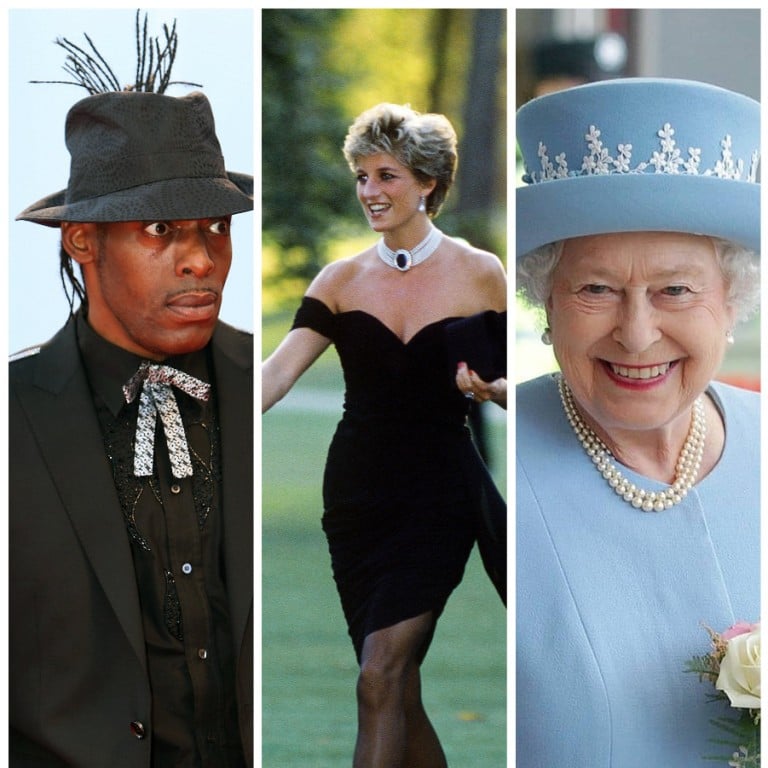
Immediately after 59-year-old American rapper Coolio died in late September, far-right circles in the US lit up with baseless conspiracy theories about his death.
Some falsely claimed the he was killed because he had secret intelligence about the inner-workings of the music industry and was going to expose elites for human trafficking. Others spread anti-vaccine misinformation that the Covid-19 vaccine killed him.
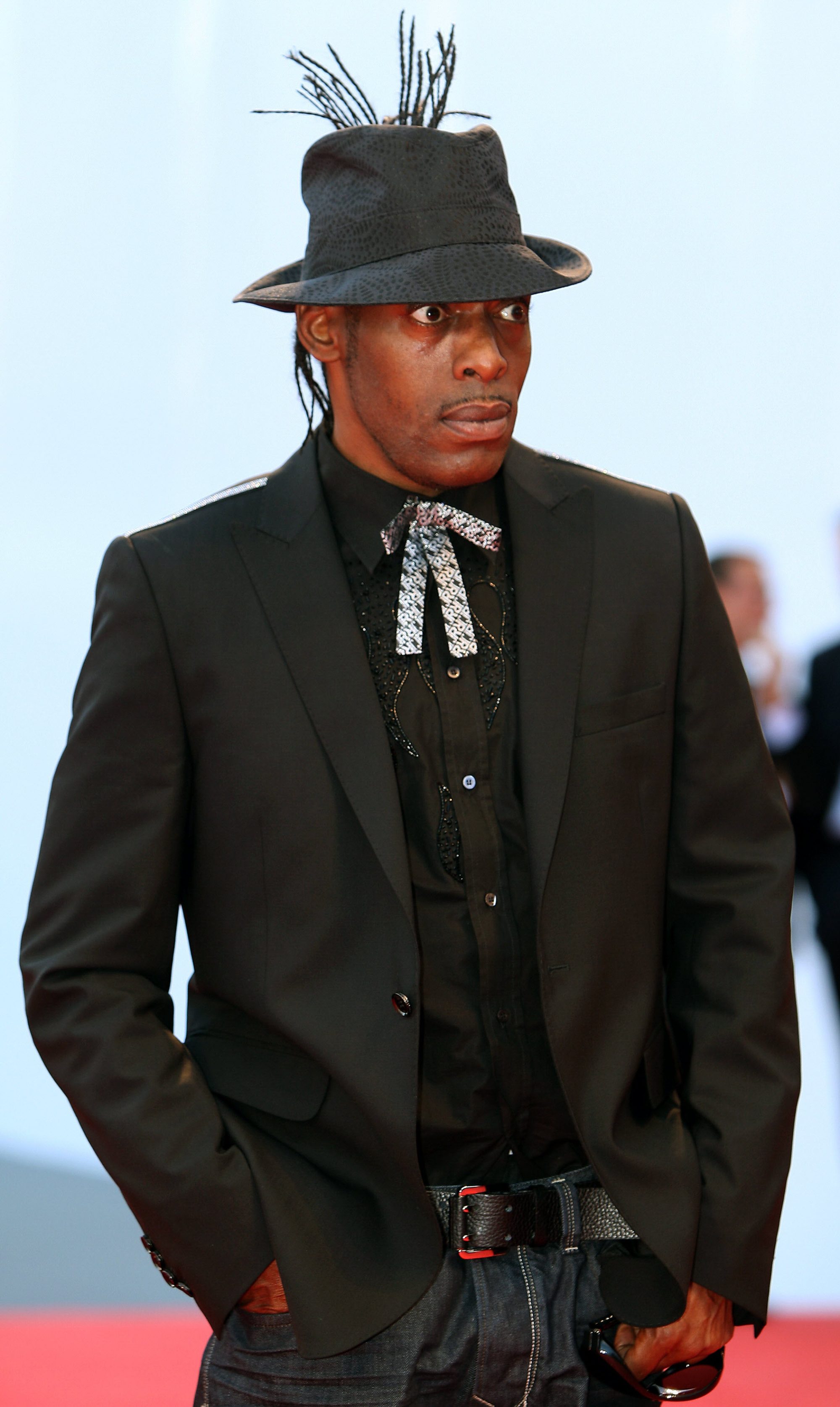
Only a minute after announcing Coolio’s death on his podcast TimCast, commentator Tim Pool began referencing recent heart disease-related deaths and suggesting Coolio’s was abnormal.
“You’re not allowed to ask any questions about that,” Richie McGinniss, a Daily Caller video editor who was a guest on the show, told Pool. “This programme was brought to you by Pfizer,” he added, sarcastically referencing the pharmaceutical corporation.
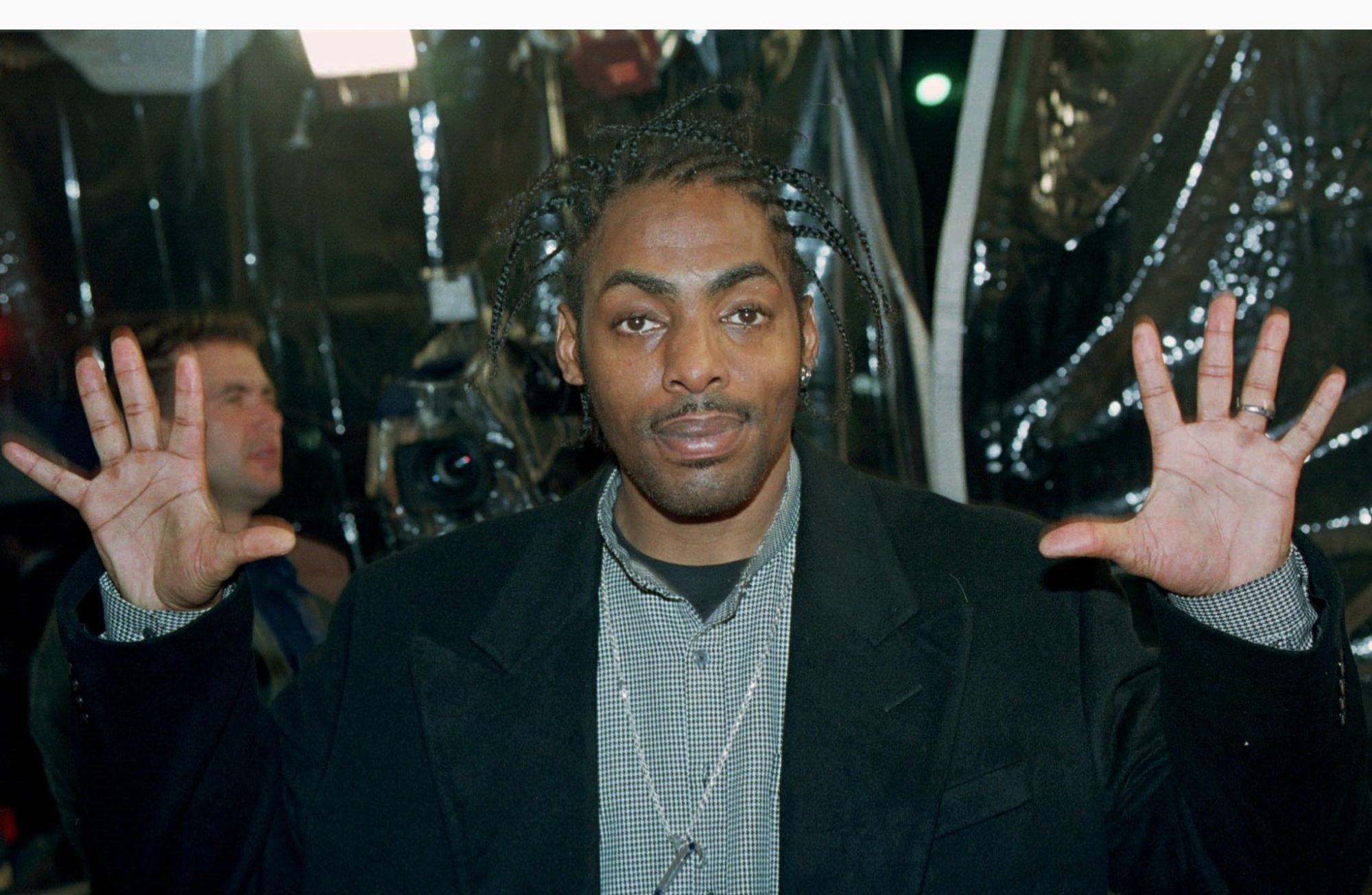
Although the deaths of celebrities, who are some of the most visible people in society, have always been fuel for conspiracies – myths surrounding Elvis Presley and Princess Diana’s deaths that still persist – it now seems that anyone with any degree of fame is no longer allowed to die a natural death.
Instead, dead celebrities are increasingly being co-opted by far-right internet users, including QAnon communities – an American political conspiracy theory and political movement that originated in the American far-right political sphere in 2017 – and anti-vaccine groups, to rally people to their cause.
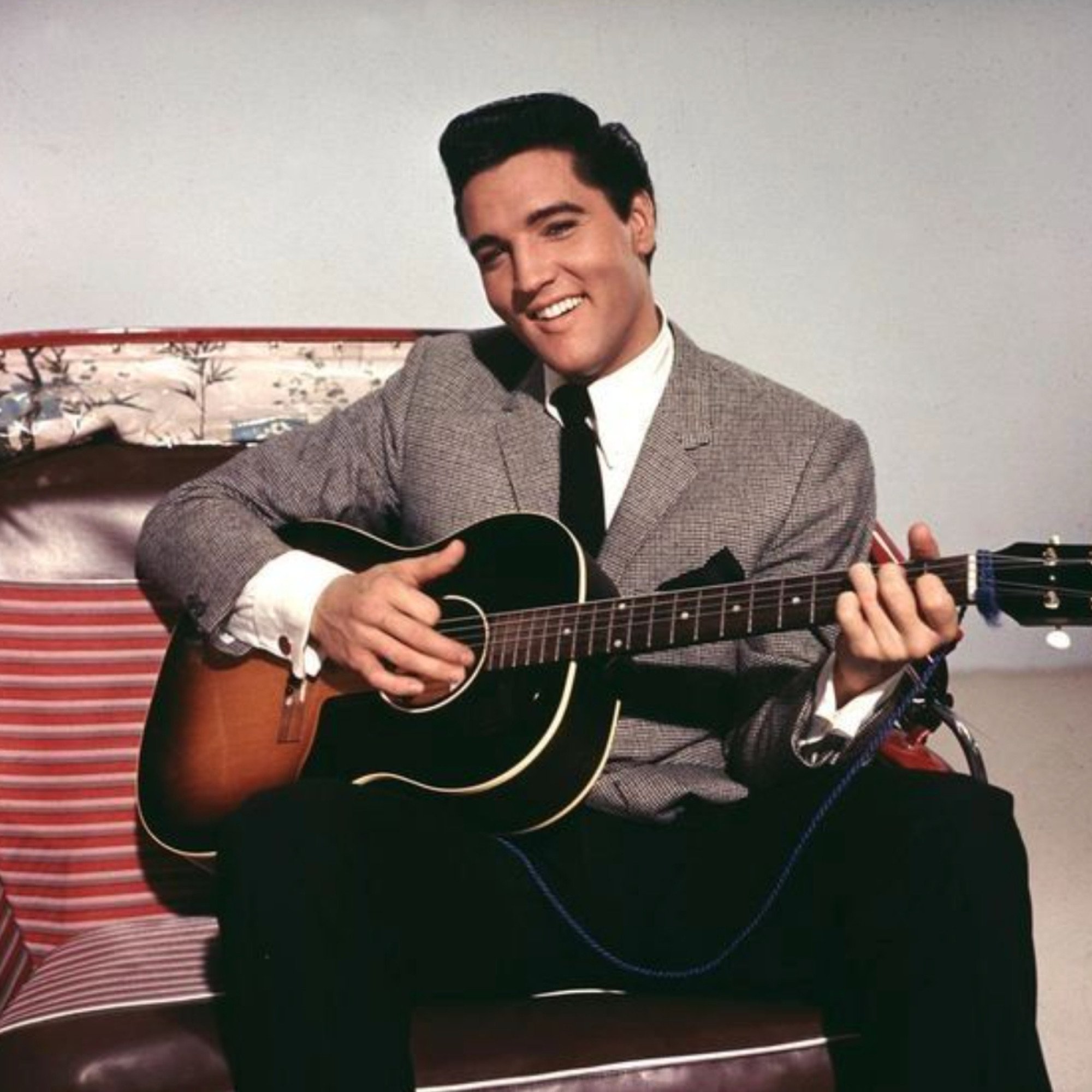
“Conspiracy theories used to be limited in scope and time,” Dr. Yotam Ophir, a professor of communications at the University of Buffalo, said. “The new style of conspiracism that we see these days is often all-encompassing, trying to explain pretty much everything that’s wrong with this world with one simple explanation.”
The impulse to use celebrity deaths as fodder for bigger conspiracy theories has gone into hyper-drive, accelerated by the pandemic and social media.
“If you believe that there’s a cabal of nefarious people who are responsible for all that is wrong and bad in the world,” Ophir said, “Why not believe that they are behind the deaths of your favourite celebrity?”
A wider ecosystem of conspiracy theories
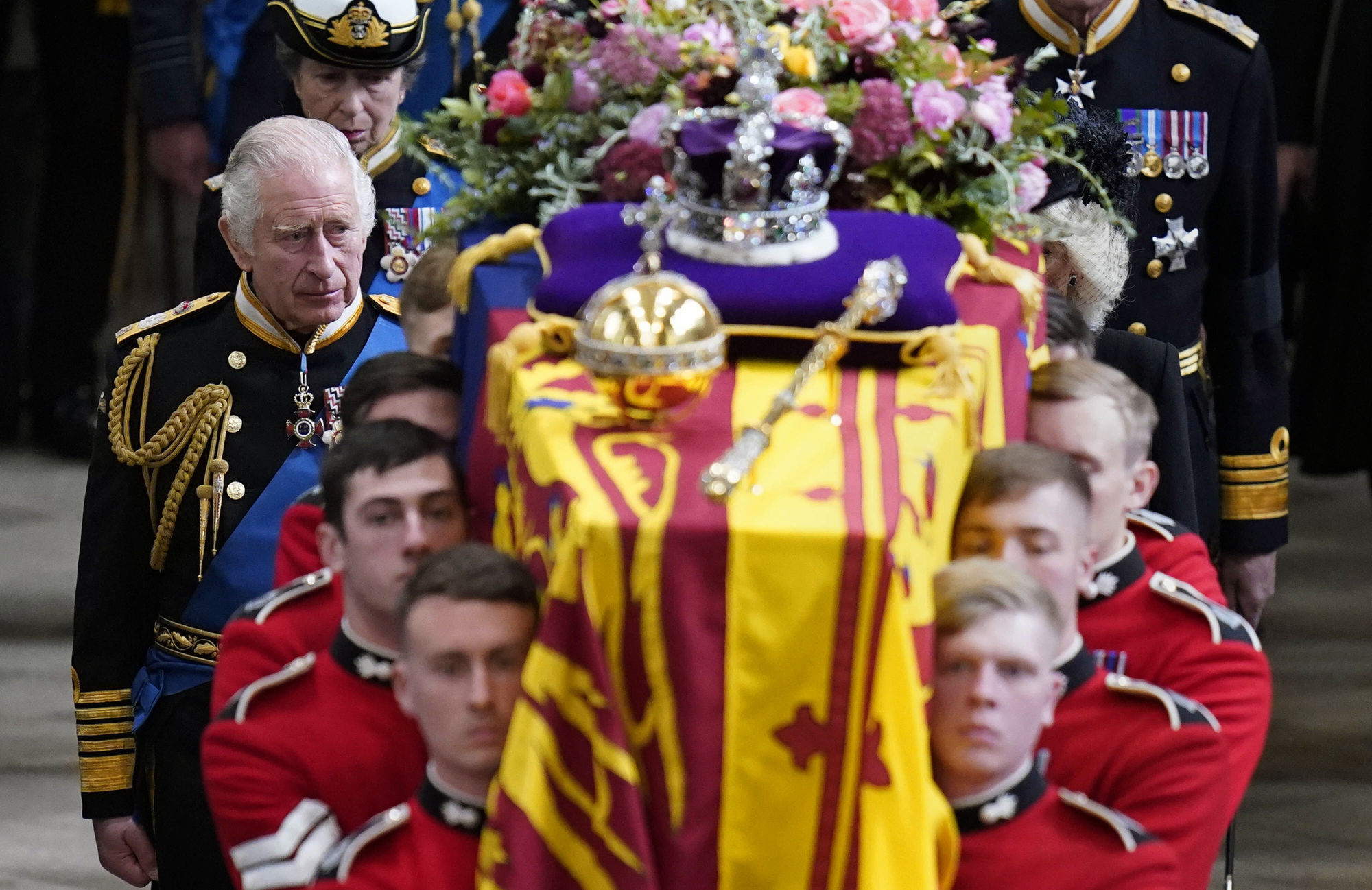
Far-right QAnon communities have frequently used celebrity deaths as a way to push their own narratives, such as their fantastical claim that Donald Trump is secretly a saviour fighting against an elite group of paedophiles who control the world.
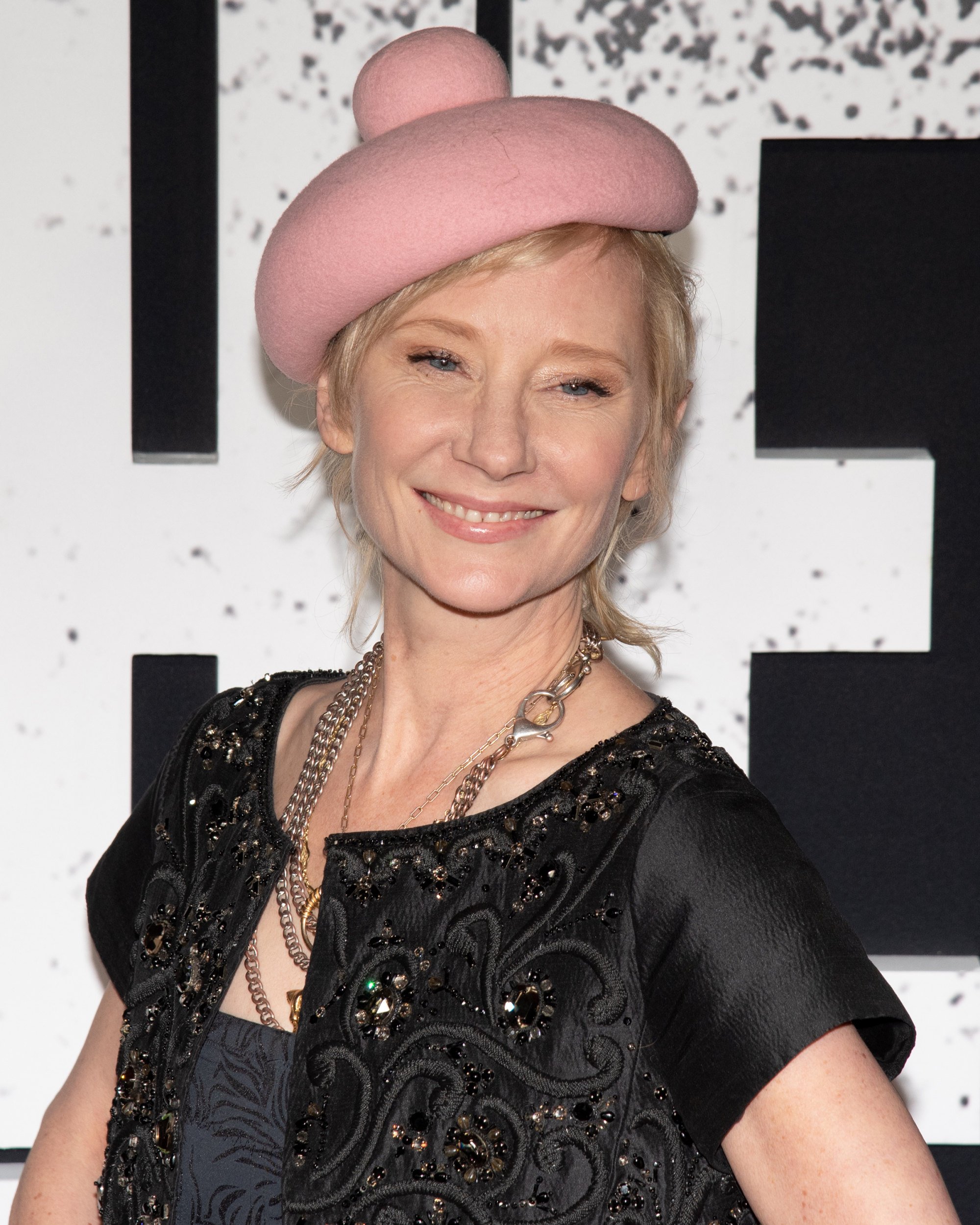
After Coolio’s death, some QAnon influencers and fringe forum users were quick to suggest he was assassinated as part of a larger plot to keep him from exposing sex traffickers.
Claiming recently deceased figures were “trying to expose the truth” is a “frequent and recurring theme within these movements,” according to Aoife Gallagher, a disinformation researcher and author of a book on conspiracy theories.
QAnon followers may attach themselves to celebrity deaths either because claiming a famous person as part of the movement is good for exposure, Gallagher said, or because a conspiratorial mindset leads them to immediately dismiss mainstream news reports as fake.
The anti-vaccine crowd has also latched on

Celebrity deaths have consistently been folded into other conspiracy movements in addition to QAnon, including the disproved claim that Covid-19 vaccines and booster shots are not safe. Connecting anti-vaccine beliefs with famous deaths is rampant on largely unregulated platforms such as the encrypted messaging app Telegram.
Far-right Telegram pages spread rumours that comedian Bob Saget died from the Covid-19 vaccine, after internet users had already spread the same hoax about American actress Betty White.
The death of Earl Simmons, best known as the rapper DMX, sparked similar anti-vaccine conspiracy theories. They also proliferated online after Queen Elizabeth and Coolio’s deaths. Each falsehood discounted reams of evidence and basic common sense, but confirmed previous biases and conspiracies for believers.

Gallagher, who works as an analyst at the Institute for Strategic Dialogue, said anti-vaccine rhetoric and celebrity death conspiracy theories have blended over the last few years because anti-vaxxers often claim that the Covid-19 shot is part of a nefarious depopulation plan to intentionally kill mass amounts of people.
“We can expect this to go on for years to be honest, as many of the influencers claim that the vaccines are made to kill people over the space of five to 10 years,” added Gallagher.
After any reasonably well-known celebrity dies – especially if the cause of death is related to heart issues – it’s common to see Twitter posts and Telegram messages asking whether the person took the “jab”, appearing to imply the Covid-19 shot likely killed them.
And the plot thickens …

Conspiracy theories about celebrity deaths have existed for decades. It’s nothing new. Feverish conspiracy thinking – from lighthearted beliefs to obsessive fixations – surrounded the deaths of John F. Kennedy, Elvis Presley, Princess Diana, Michael Jackson and numerous others.
But in the last several years, following the growth of QAnon and a web of other conspiracy movements – Covid-19 denialism, election fraud claims – these celebrity death conspiracy theories have accelerated.
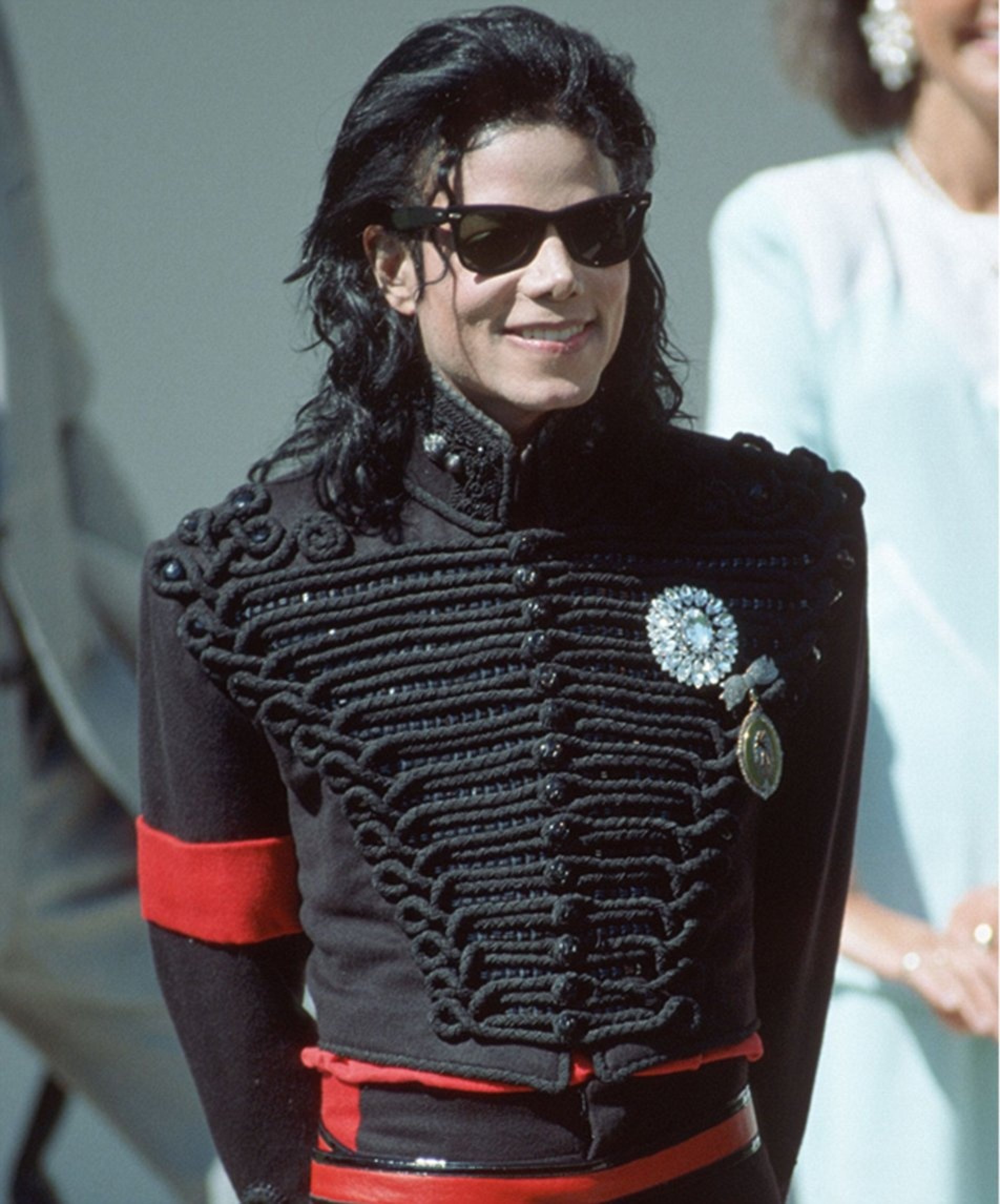
“A beloved celebrity attracts attention anyway, and if one comes up with the most outrageous, surprising and emotional story to explain the death, the algorithm will prioritise this information over the ‘boring’ truth,” Ophir said. “That people die because we all simply do eventually.”

- It’s increasingly common for far-right circles in the US to use celebrity deaths as fodder to push their own agendas on Telegram and Twitter – such as the claim that Donald Trump is a secret ‘saviour’
- Anti-vaxxers, QAnon adherents and others have fantastical reasons for the queen’s death; influencers also said actress Anne Heche’s death was an assassination to cover up Jeffrey Epstein’s crimes